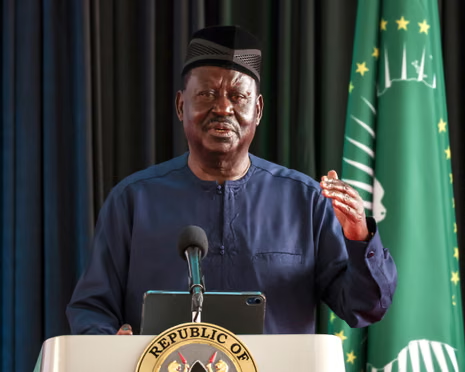EJWP hands over model policy to the Zimbabwe Gender Commission

By Staff Writer
THE Economic Justice for Women’s Project (EJWP) recently handed over the Model Gender Policy to the Zimbabwe Gender Commission (ZGC) amid expectations that the dossier will inform authorities to develop a similar framework for the country.
Women and girls continue to face numerous challenges, including limited access to education, healthcare, and economic opportunities. Gender-based violence is also prevalent in Zimbabwe, with many women and girls experiencing physical, sexual, and emotional abuse.
Addressing delegates at a stakeholder’s engagement meeting attended by informal sector workers and legislators from Goromonzi and Kadoma recently, the EJWP executive director, Margaret Mutsamvi said the model Gender Policy for the Informal Economy was inspired by several factors.
“These include the continued marginalisation of women in the informal economy, lack of robust policies at national, municipal or district council levels to effectively provide a comprehensive policy framework for informal economy workers in general but more importantly, young women as they form the majority of the actors in the informal economy in Zimbabwe,” she said.
Mutsamvi underscored that although there is acknowledgement that the First National Gender Policy of 2004 and the Second National Gender Policy of 2013 have laid the foundation for progress towards gender parity in all sectors of the Zimbabwean society, it is noteworthy that each sector is peculiar and may require a more sector-specific policy intervention.
This Model Gender Policy for the Informal Economy in Zimbabwe speaks to seven key themes that emerged from the situation analysis and these are;
1. Gender, Occupational Health Safety and Social Security
2. Gender and Bankable Collateral in the informal sector
3. Gender and Infrastructure in the Informal Economy
4. Gender and Social Amenities
5. Gender and Unpaid Care Work in the Informal Economy
6. Gender and Digital Skills in the Informal Economy
7. Gender, Regional, Continental and Global Integration in the Informal Sector
“These themes highlighted the major gaps in the policy framework governing gender and the informal economy in Zimbabwe. The objectives and strategies for this model policy were thus drawn from these themes.
“The policy highlighted the legal and institutional arrangements as well as the various agencies and their roles in the implementation of this policy. EJWP developed this model partnering with the Citizen Engagement for Accountability Activity (CEAA),” said the EJWP director.
In her remarks soon after receiving the document, Caroline Matizha who was representing the ZGC CEO Virginia Muwanigwa promised to submit the Model Policy to her superior.










